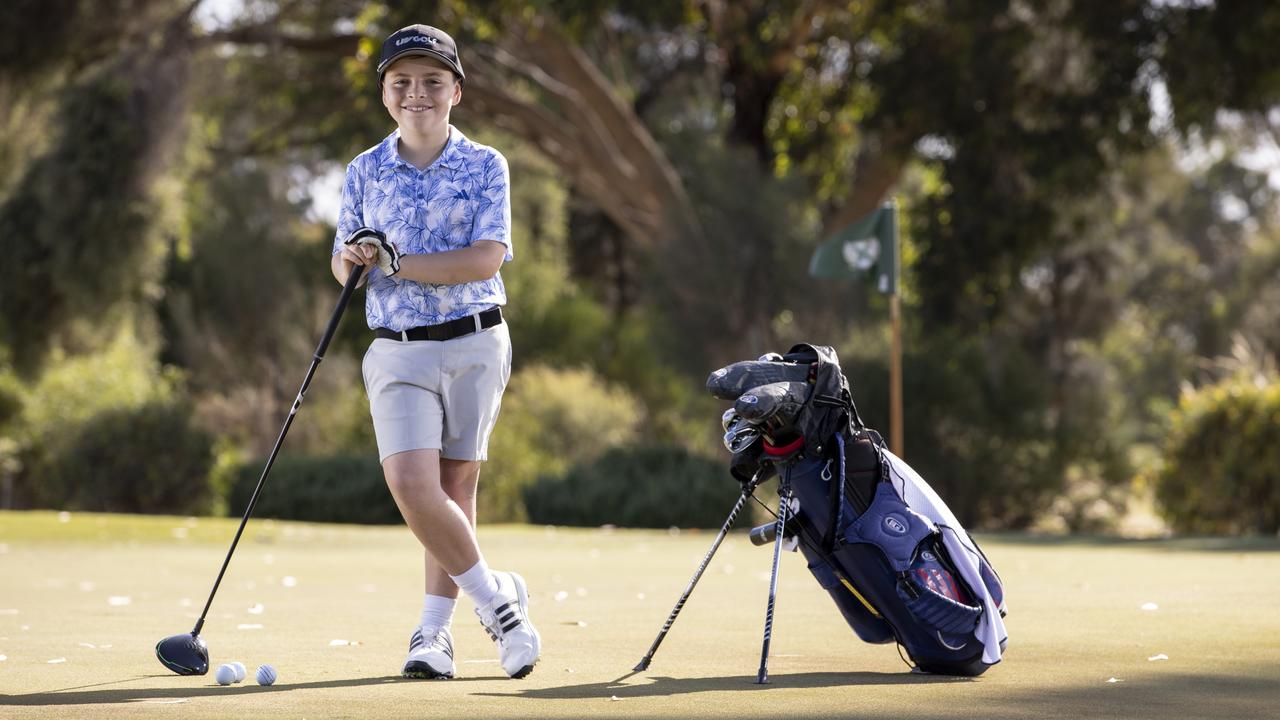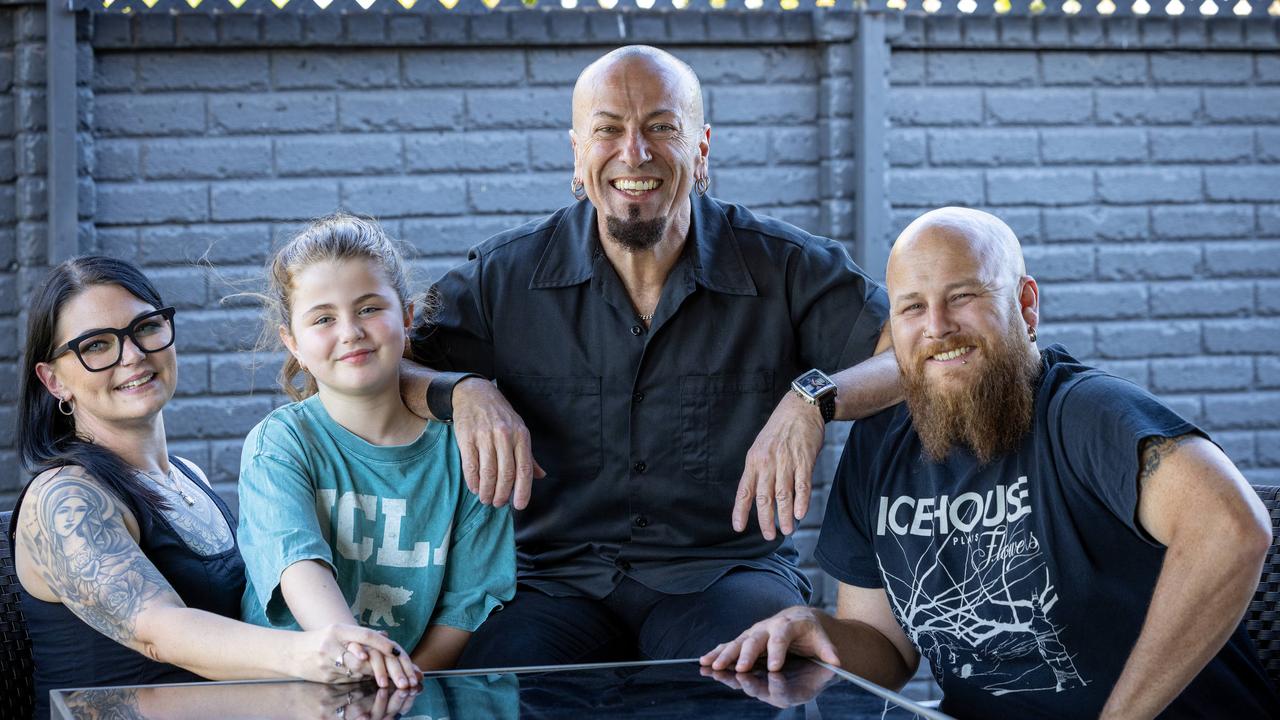Out of exile: Inside the bravest theatre group on the planet
Regarded as arguably the bravest underground ensembles on the planet, Belarus Free Theatre is bringing its powerhouse show, and message, to Adelaide ... and it couldn’t come soon enough.
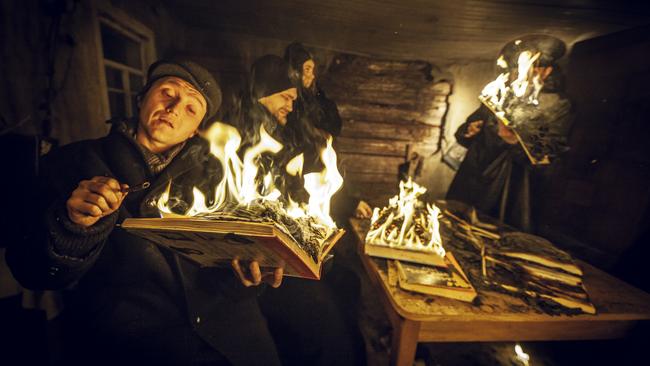
SA Weekend
Don't miss out on the headlines from SA Weekend. Followed categories will be added to My News.
As the war in Ukraine continues to escalate a year after that country’s invasion by Russian forces, the founders of Belarus Free Theatre – which operates in exile from its neighbouring homeland – say its dystopian play Dogs of Europe feels increasingly pertinent.
“If we talk about what we have been doing for 18 years as a company, we always spoke about those threats coming from that geopolitical knot,” says theatre producer Natalia Koliada, who co-founded the underground ensemble in 2005 with her husband, fellow human rights activist, playwright and journalist Nikolai Khalezin.
“The war in Ukraine didn’t start on the 24th of February 2022 – the war started in 2014, and before that it was the annexation of Georgia by Russia. Before that, we’ve had the dictatorship in Belarus for 28 years.
“Western democracy completely failed to understand what was coming, pretending that everything is absolutely fine.”
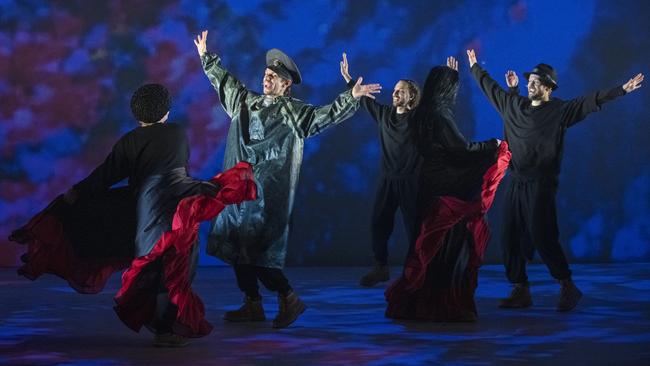
Dogs of Europe, which will be part of next month’s Adelaide Festival, is based on fellow political exile Alhierd Bacharevic’s prescient 2017 novel of the same title – a powerful warning on the corrupting influences of dictatorship – which is also banned in Belarus.
“It’s a very interesting situation when you do something as an artist – you always want to be relevant,” Koliada says. “Dogs of Europe we produced in February of 2020 and we performed underground in Belarus … so for us it was always relevant.”
The play was meant to go to the Barbican Centre in London in May 2020, but was delayed for two years by Covid-19.
“When we started to talk to people in London, everyone was saying how relevant it is,” Koliada says. “We’d say, ‘I wish you’d seen it in 2020 – maybe you would have got that message two years ago and it would have been possible for you to stop what was coming’.
“Now it has changed the urgency, because now we are not talking about a warning shot. Now we are saying we must stop it in order to stabilise the region, in order to stabilise Europe, so the war will not go beyond the European continent.”
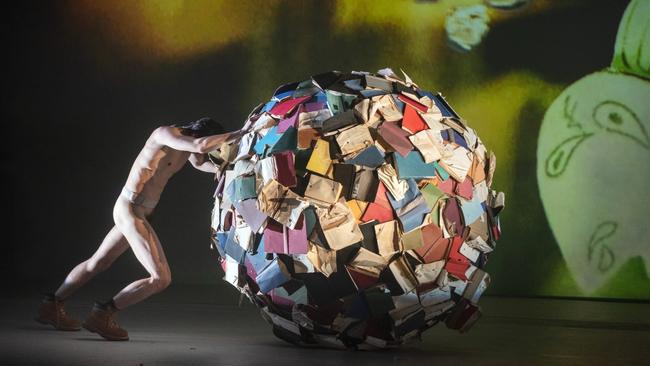
Belarus Free Theatre was started as an artistic means of resisting censorship under the authoritarian regime of that country’s president Alexander Lukashenko, a former member of the Communist Party of the Soviet Union, who claimed victory in 1994 and five subsequent elections which were widely considered not to be free or democratic.
The company’s rehearsals and performances were normally held in secret at small private apartments, due to the risk of persecution. In 2007, special forces from the Belarusian police stormed a performance at an apartment in Minsk where actors, audience members and the show’s director Khalezin, were arrested.
In December 2010, 50,000 people marched to protest what they believed to be the rigged election of Lukashenko. More than a thousand were beaten and arrested, including Koliada and other members of the theatre, as well as prominent artists and poets.
Protesters at the Belarus Embassy in London, including prominent actor Sir Ian McKellen, helped bring international attention to the arrests. Koliada was eventually released, while Khalezin went into hiding, and they now live in London while continuing to run the theatre company in exile.
“My husband and I are political refugees for the past 13 years, and the company had an emergency exit out of Belarus in October 2021, because all of them had been in jail,” Koliada says. “They had been facing eight years in jail if they get arrested once again. But we continue to teach online to teenagers who are in Belarus.”
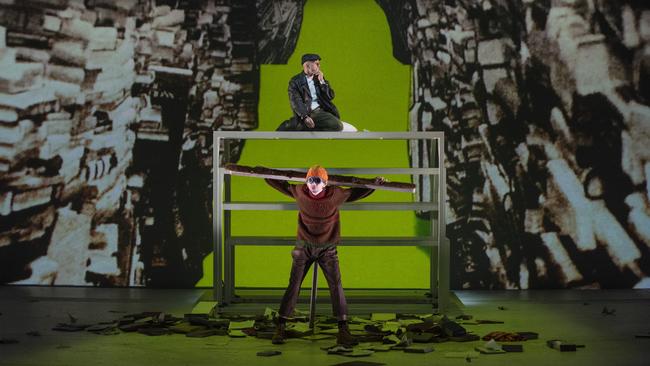
Koliada says there has been an ongoing conversation about where the company members will live, and where their families and children are. “We have 4000 or 5000 cases of rape and torture that are before the United Nations after events in Belarus in 2020, when the Belarusian KGB and secret police were raping and torturing Belarussians – with no invasion.”
Belarus Free Theatre employs a mix of absurdist humour and physical performance to convey difficult issues and subvert propaganda. “We deal with personal stories. We have a method that we call total immersion, so we immerse ourselves into experiences.
“When we talk in this show about Russia establishing a new Reich, we know what we are talking about. If you fly now to a Belarusian village, you will understand that there is a major Russification that is happening there. So there is no Belarusian language – you will need to fight to speak in Belarusian language, and people stay in jail because they talk in Belarusian language.
“In a way, it’s a colonial mentality that has just spread in that region and destabilised the whole European continent – and beyond, if we talk about the energy crisis and food crisis. In order for us to survive, we will use a lot of black humour, a lot of irony, we will wildly dance and we will wildly sing – because the nature of dictatorship is to wipe us out, and the only way for us is to laugh in their face – and loudly, beautifully sing. Our weapon is very simple – it’s theatre.”
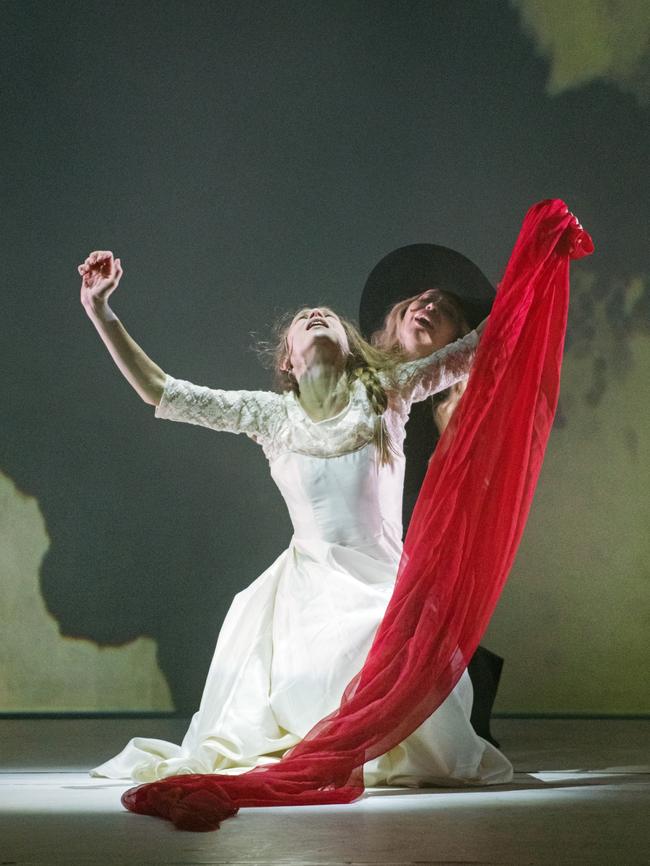
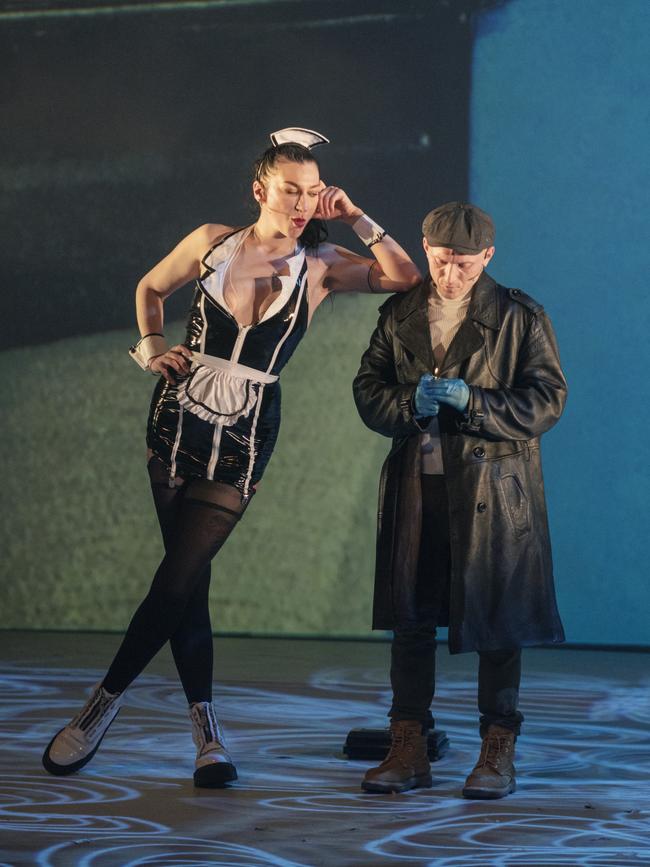
Last year, Koliada’s father died in Belarus and his family was not permitted to use the country’s traditional flag – which was replaced in 1995 – at his funeral. “Generations of my family have been fighting with the Russian Empire. Before that, my grandfather was in a Nazi concentration camp, then in Stalin’s Gulag,” she says. “For my father, it wasn’t possible for us to have our white-red-white flag on his coffin. It wasn’t possible for us to have the service in Belarusian language. We were made to rush his funeral – because if the funeral doesn’t take place very quickly, arrests start to take place.”
In his book, Bacharevic only makes one direct reference to Russian president Vladimir Putin, when a character refers to him as “a collector of Russian lands”.
“We always think that Putin and Lukashenko are not worth mentioning by name. It is the population who allowed them to do that,” Koliada says. “You hear the conversation that it’s not about the Russian people who are killing Ukrainian people – but it is exactly Russian people. It’s nobody else. It’s about that mentality, that has stayed there for centuries, and continues to be there.”
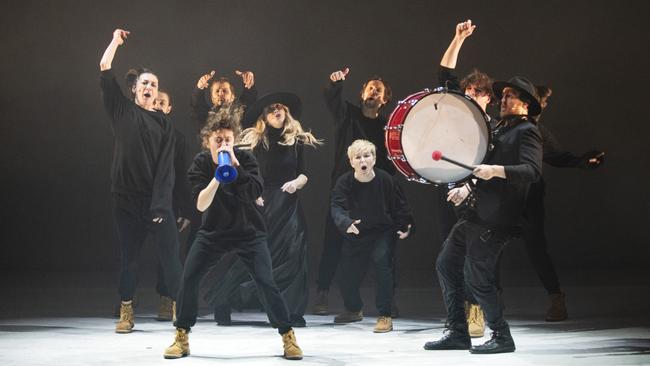
Dogs of Europe suggests that all people are complicit in the actions of their societies and governments. “We are looking into the nature of human indifference, where every single person thinks that somebody (else) will resolve it for him or for her. But the reality is that, while you are standing there observing that somebody’s rights are being taken, that moment you become complicit.
“It is the same as to observe somebody raping another person, and you are just standing there – that is exactly what is happening now. It is possible to change that, and for people to become proactive and not reactive – even for politicians.” ■


